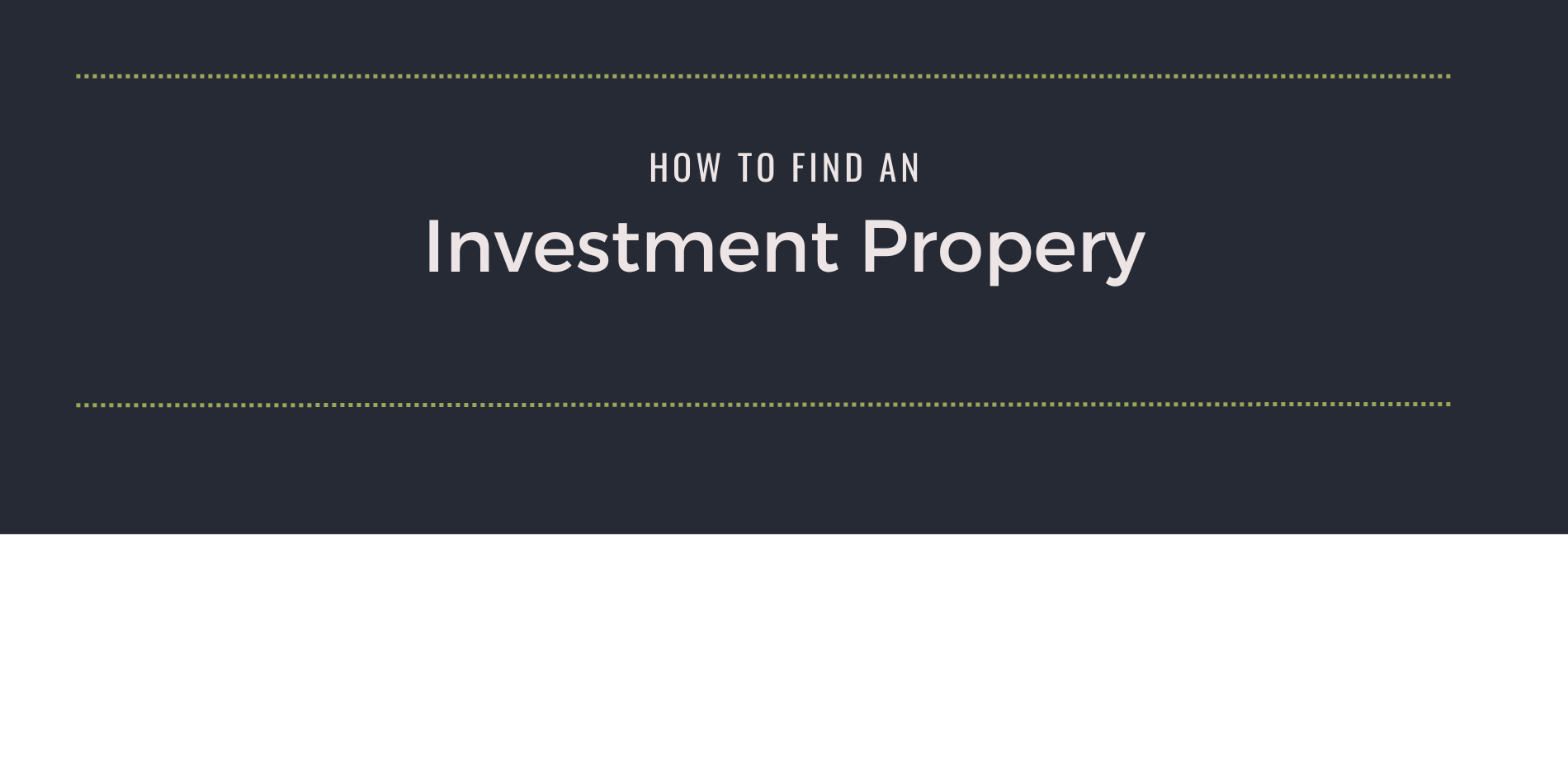First and foremost, location is key. A property in a desirable area with a strong rental market and potential for appreciation will be more likely to generate a good return on investment. Properties located in areas with strong job growth, good schools, and low crime rates are typically in high demand among renters and buyers.
Another important consideration is the condition of the property. An investment property should be well-maintained and in good condition, as repairs and renovations can be costly and eat into potential profits. It’s also worth looking for properties that have been recently updated or remodeled, as this can make them more attractive to renters and buyers.
The property’s cash flow is also crucial. A property that generates positive cash flow means that the rental income is higher than the expenses, including mortgage payments, property taxes, insurance, and repairs. Positive cash flow properties can provide a steady stream of income, which can help to offset the costs of owning the property and provide a solid return on investment.
Additionally, the property type is important. Single-family homes are considered to be the best type of investment property due to its long-term appreciation and the fact that they are typically in high demand by renters. However, multi-family properties such as duplexes or apartment buildings can also be profitable investments, as they often generate higher rental income and can be more cost-effective to maintain.
According to the National Association of Realtors, the average annual return on investment for rental properties is between 4% and 10%. Furthermore, Zillow forecasted that the median home value in the U.S. will increase by 5.5% over the next year. This is higher than the historical average of about 3% annually.
It’s important to note that investing in property always comes with risk, and it’s important to do your research and consult with a real estate professional before making any investment decisions. However, with the right property in the right location and with a good cash flow, investing in property can be a solid way to build wealth and generate passive income.
Should you Consider a Fixer Upper?
Whether or not you should consider a fixer-upper as an investment property depends on several factors, including your financial situation, experience as a landlord, and risk tolerance.
On one hand, buying a fixer-upper can be a great way to get into the real estate market at a lower price point, and then increase the value of the property through renovations and improvements. This can lead to a higher return on investment (ROI) and appreciation in the long-term.
However, fixer-uppers also come with a certain level of risk. The renovation and repair costs can be substantial, and there is always a chance that the property will not appreciate as much as you expect. Additionally, it is important to keep in mind that the renovation process can take longer than expected and may require more money than you initially budgeted.
According to Zillow, the average return on investment for a fixer-upper is about 15%. However, this number can vary greatly depending on the specific property, location, and the amount of money invested in the renovation.
Before buying a fixer-upper it is important to consult with a real estate professional, an inspector and a contractor to get an accurate idea of the costs of the renovation and the potential return on investment. It is also important to have a budget in place and be prepared for unexpected expenses, this will help you make a more informed decision.
References:
- Zillow https://www.zillow.com/
research/fixer-upper-roi- 13397/ - Investopedia https://www.investopedia.com/
articles/personal-finance/ 053116/pros-and-cons-buying- fixerupper-property.asp - National Association of Realtors https://www.nar.realtor/
research-and-statistics/ research-reports/investment- home-buying - Zillow https://www.zillow.com/
research/home-values-forecast- 16072/


 Facebook
Facebook
 Twitter
Twitter
 Pinterest
Pinterest
 Copy Link
Copy Link


